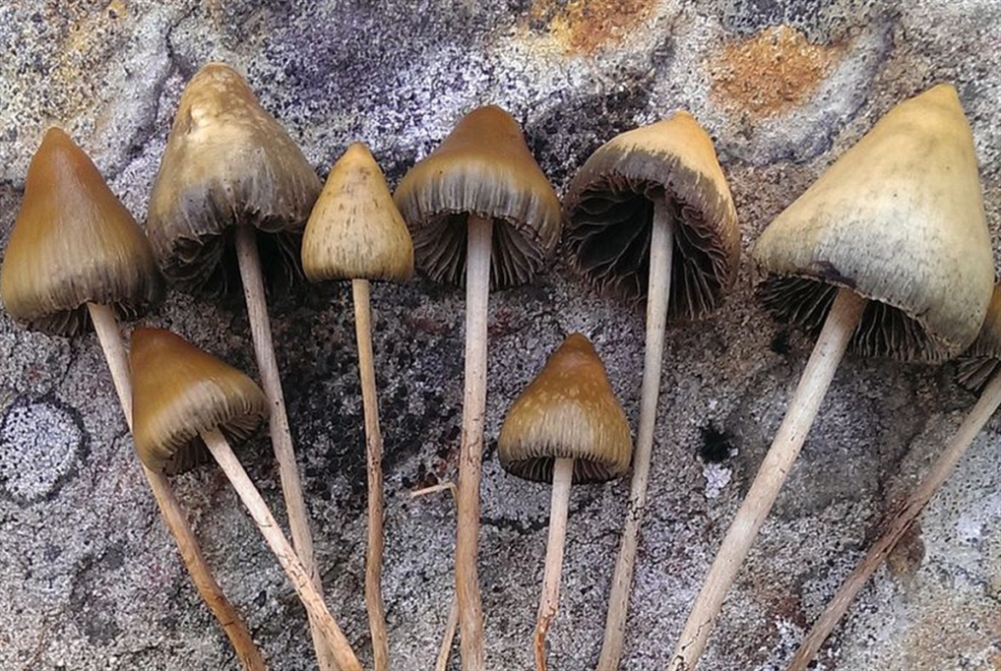The researchers say the results, based on brain scans of 60 people, mean this compound can treat depression in a unique way.
The effect of LSD has been studied in the treatment of a number of psychiatric disorders, but doctors have warned depressed patients against taking psilocybin without a prescription.
A synthetic drug consisting of this substance is currently being tested in a number of people under strict medical conditions, accompanied by expert psychological support before, during and after its administration.
The study’s author and head of the Center for Anesthetic Research at Imperial College London, Professor David Nutt, said the latest psilocybin findings were “exciting” and “important.”
He said that a depressed brain can get stuck in a constant state of boredom and remain trapped in certain negative thoughts.
When taking a medicine that contains psilocybin, a person’s brain opens up and becomes “more fluid” until three weeks later.
This can be seen in the increased connection between brain regions when evaluating patients whose mood often improves after a few months.
Similar changes were not observed in the brain of people treated with conventional antidepressants.
Professor Nutt said: “This confirms our initial expectations and confirms that psilocybin may be a practical alternative approach to treating depression.”
brain activity
Hallucinogens are a type of drug that causes hallucinations, as their name suggests, that affects all the senses and changes a person’s thinking, feeling time and emotions.
And unlike antidepressants, which the patient regularly takes daily, an affected individual may only need to take psilocybin once or twice to achieve the same effect, but more research is needed on more patients in longer time to confirm it.
The results, published in the journal Nature Medicine, came from two studies. Initially, all group members took psilocybin. In the second – and this was an experiment in which people were randomly selected – some group members were given the same substance, and others were given a different antidepressant.
All participants underwent speech therapy along with registered mental health professionals. They had a brain scan before starting treatment and then a day or three weeks after taking it.
“We don’t yet know how long the changes in brain activity are seen with psilocybin treatment, and we need to do more research to understand that,” said study lead author Professor Robin Carhart Harris.
“We know that some people come back, and after a while their brain can go back to the difficult activity patterns we see in depression,” he added.
Previous studies have shown a reduction in depressive symptoms with psilocybin treatment, but researchers aren’t sure how or why it works.
Now they want to test their theory about brain changes that occur in other mental health conditions, such as anorexia.
